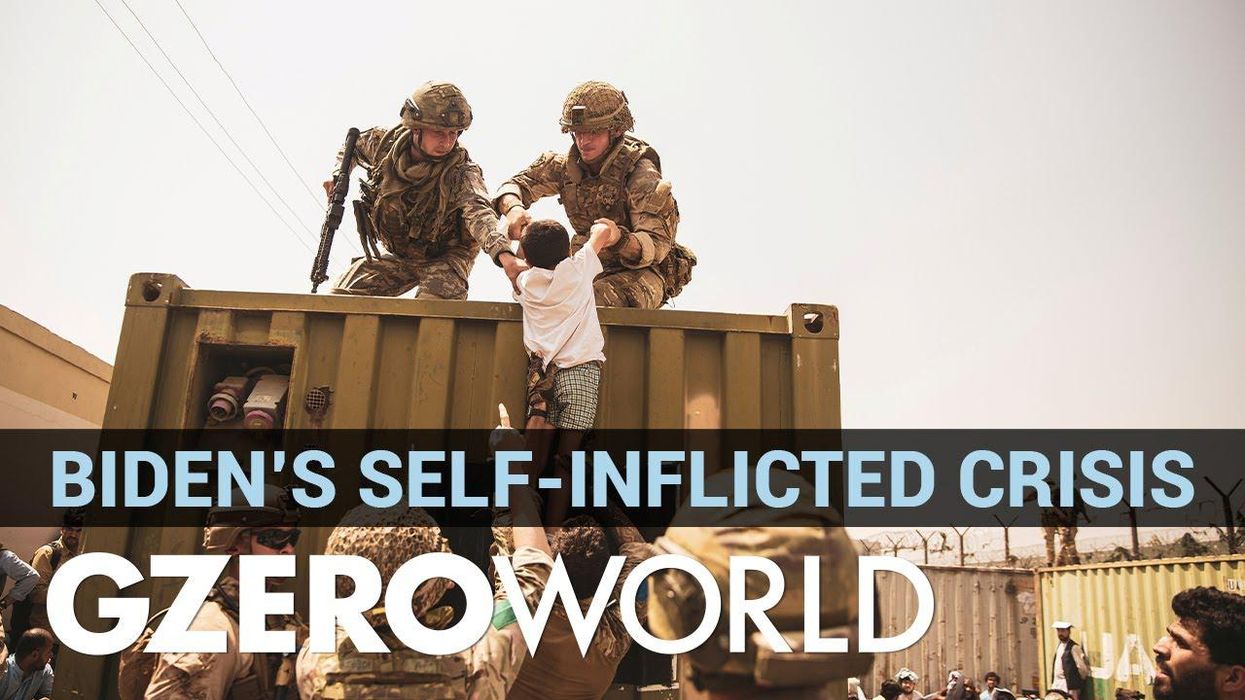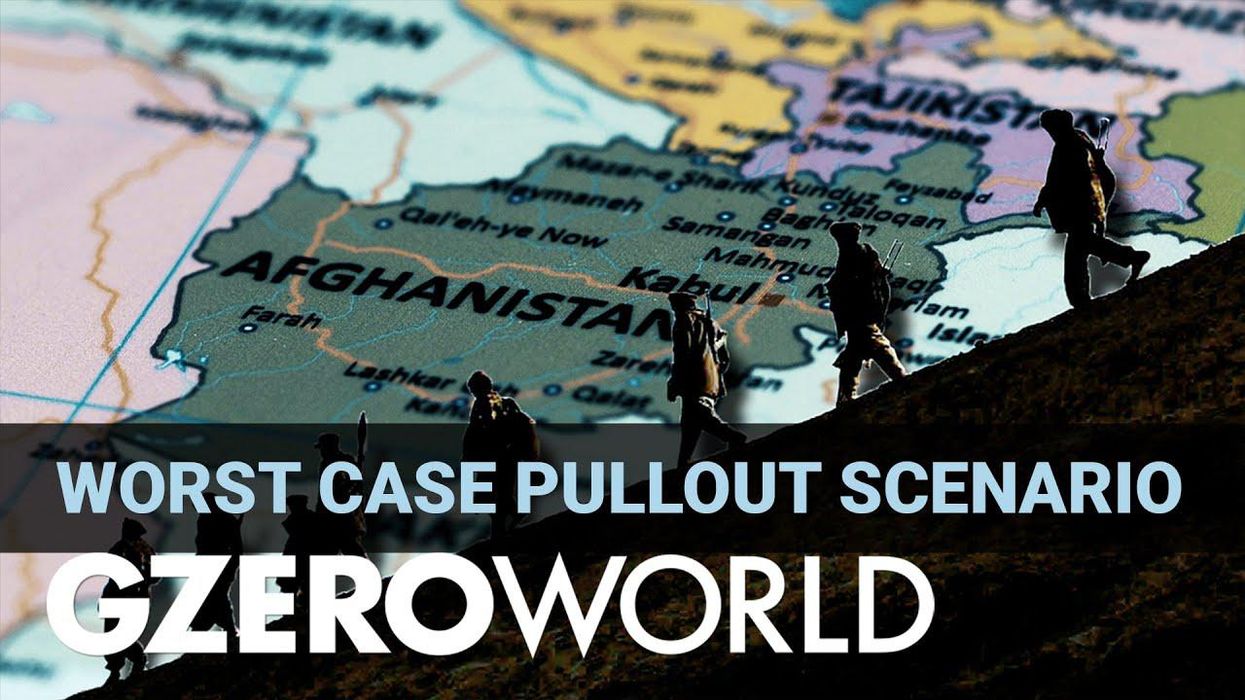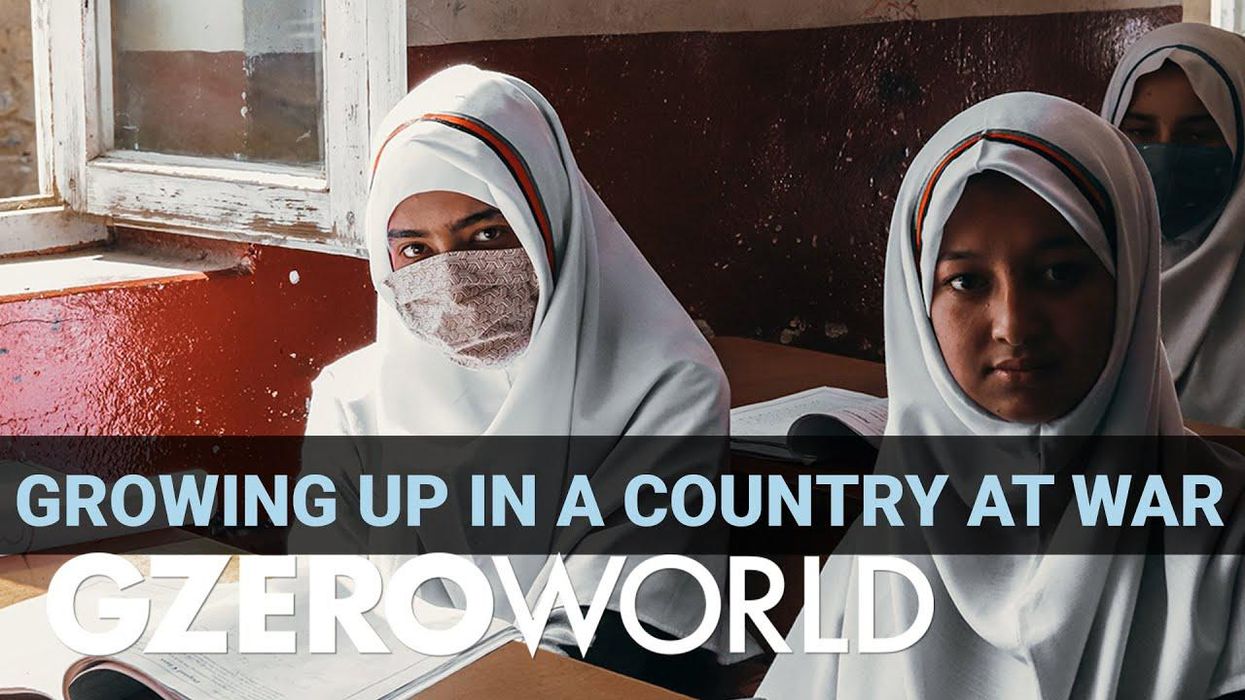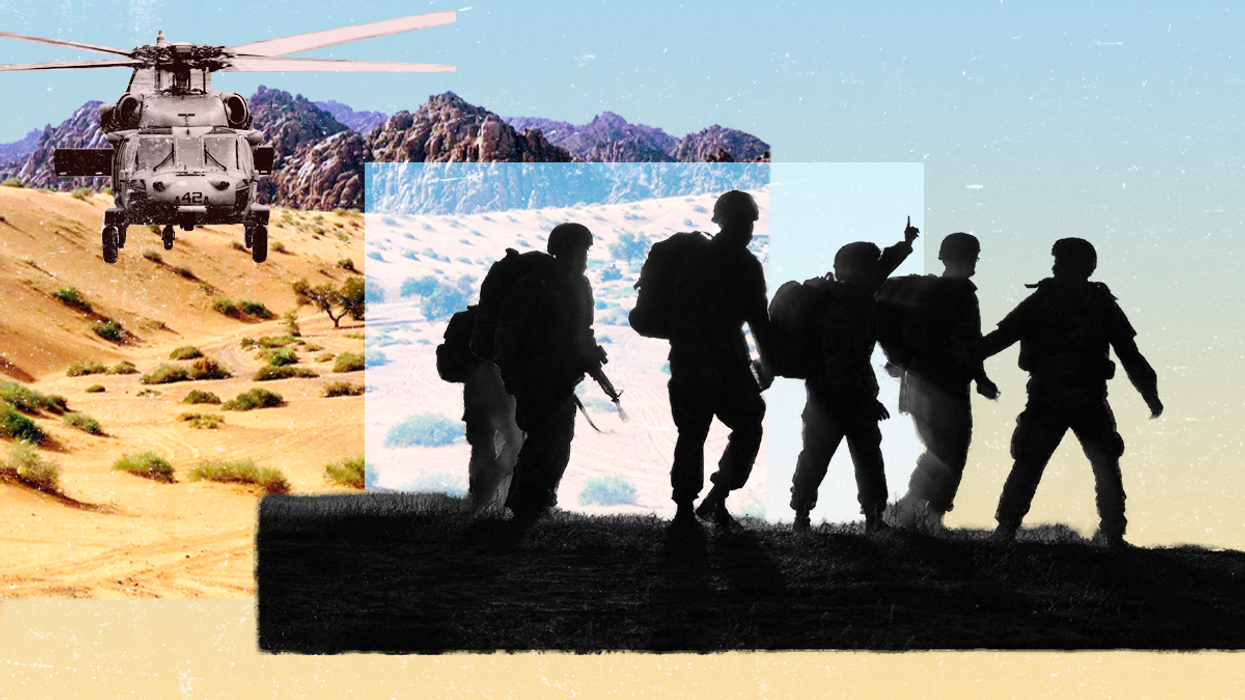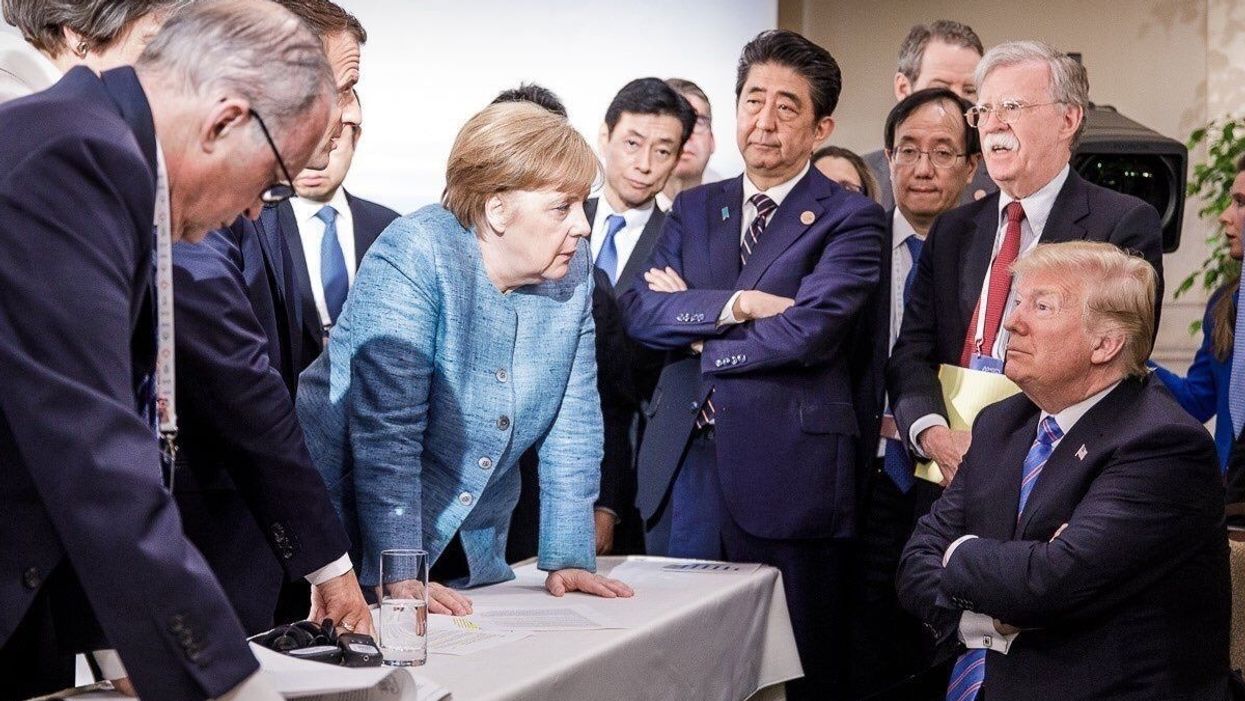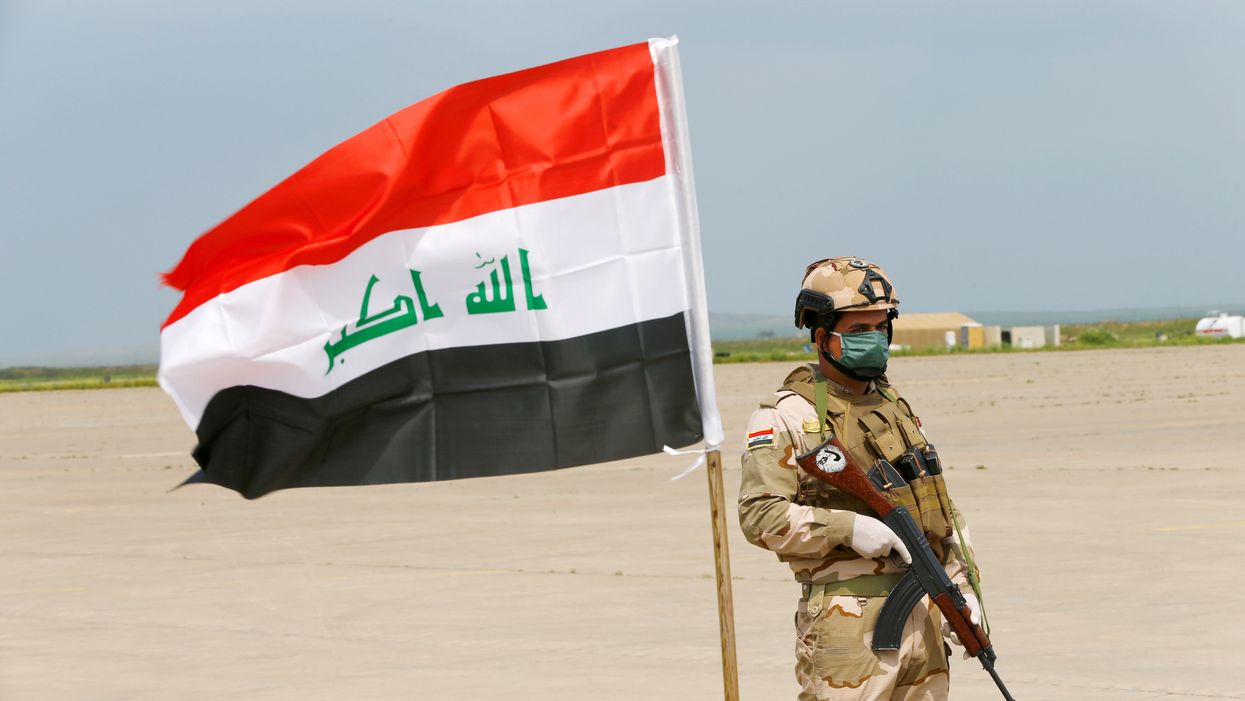GZERO World Clips
Calamitous withdrawal from Afghanistan was a crisis of Biden’s own making
Joe Biden has been looking for a way out of Afghanistan for decades, and regardless of how ugly things get, he's not turning back. After Trump reached a deal with the Taliban in 2020 to end the war, Biden decided to stick with the arrangement, overruling his own generals. Ian Bremmer explains that while he agrees with Biden's decision to get out, he did not foresee the incompetence of the execution.
Sep 09, 2021
